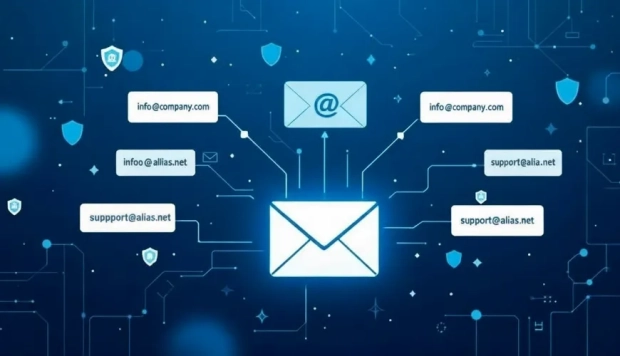Email Blacklisting

Email blacklisting is a process where email providers and ISPs flag and block emails from specific IP addresses or domains, based on the reputation of the sender. This is done to prevent the delivery of unwanted or spam emails to the inbox of the recipient. Email blacklisting is a common practice used to improve email security and protect users from malicious or unwanted emails.
However, this also means that legitimate emails from a blacklisted IP or domain can be blocked or marked as spam, causing a significant impact on businesses that rely on email communication. This is why it is a good practice for businesses to monitor their email reputation and avoid getting blacklisted.
There are several reasons why it is important to monitor email blacklists and avoid getting blacklisted:
-
Reputation management: A blacklisted IP or domain can damage the reputation of the sender, leading to reduced deliverability rates and lower engagement rates. By monitoring email blacklists, businesses can quickly identify if they are blacklisted and take action to remove their IP or domain from the blacklist.
-
Improved email deliverability: Monitoring email blacklists can help businesses ensure that their emails are delivered to the recipient's inbox, improving the effectiveness of their email campaigns. When a business's IP or domain is blacklisted, their emails are more likely to be blocked or marked as spam, which can result in lower open and click-through rates.
-
Protects against fraud and phishing attacks: Email blacklisting is used to prevent the delivery of fraudulent or malicious emails, including phishing attacks. By monitoring email blacklists, businesses can identify and prevent potential security threats to their email communications.
-
Compliance with regulations: Some countries have laws and regulations regarding email marketing, including the CAN-SPAM Act in the US and the GDPR in the EU. By monitoring email blacklists, businesses can ensure that they are compliant with these regulations and avoid potential fines and penalties.
In conclusion, monitoring email blacklists and avoiding getting blacklisted is a good practice for businesses that rely on email communication. It helps to maintain a positive reputation, improve email deliverability, protect against fraud and phishing attacks, and ensure compliance with regulations. By monitoring their email reputation, businesses can improve the effectiveness of their email campaigns and ensure that their emails reach the intended recipient's inbox.



